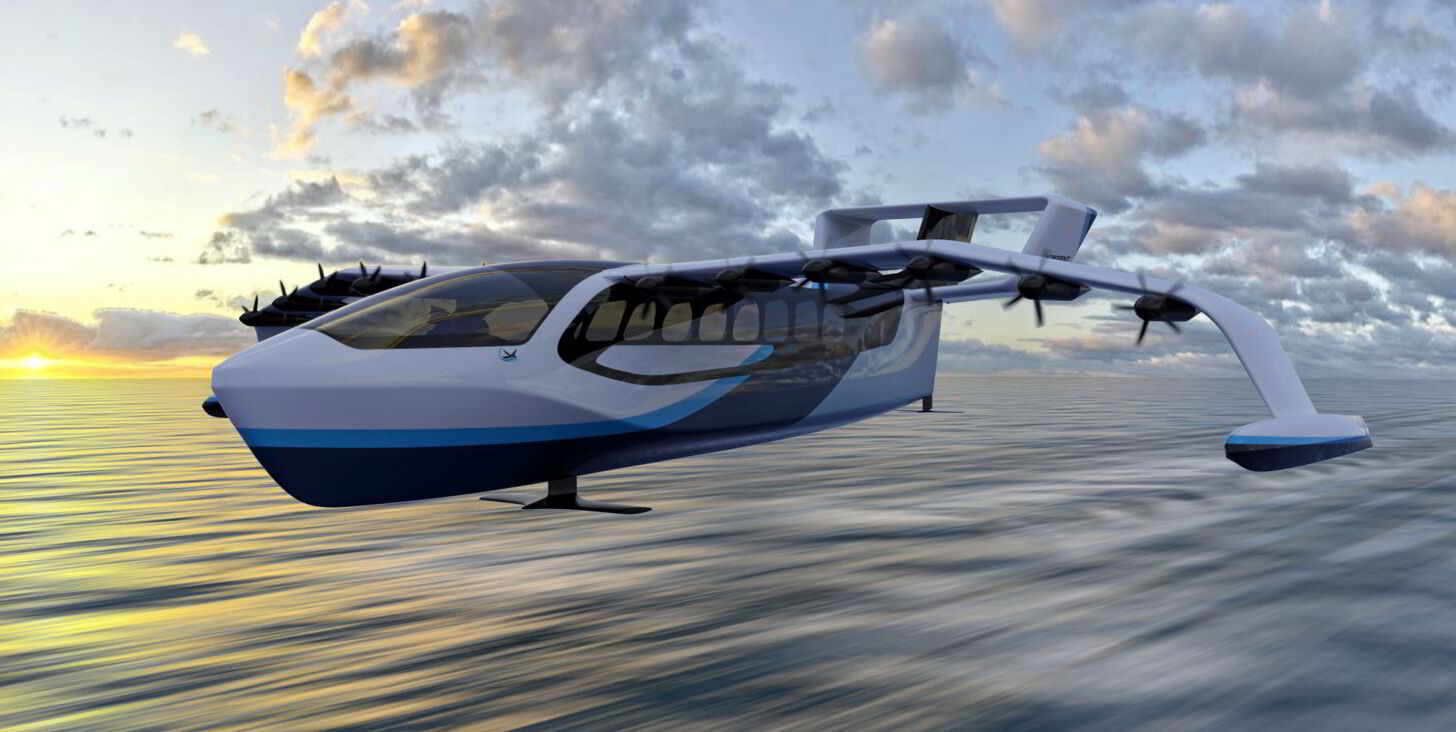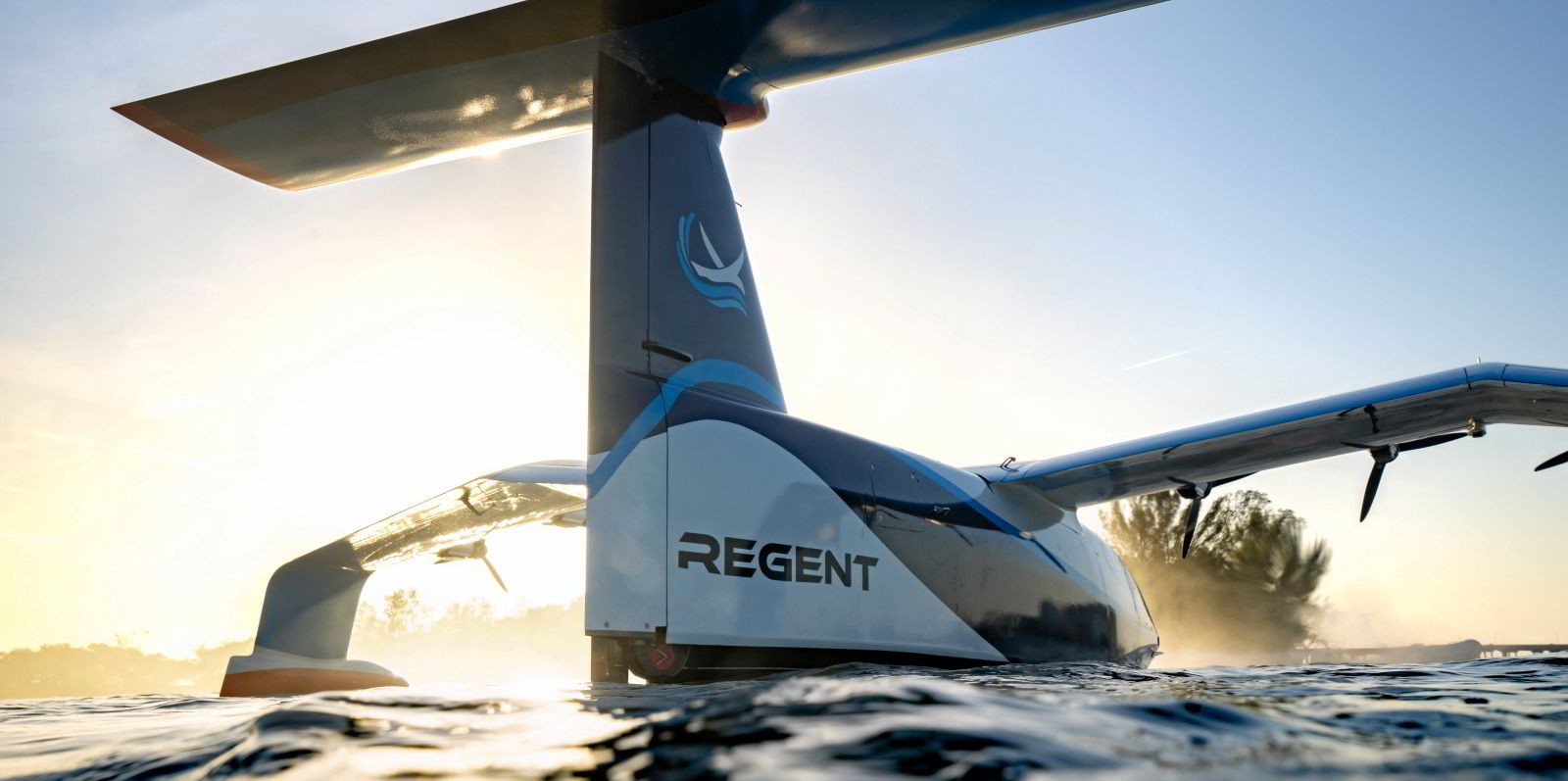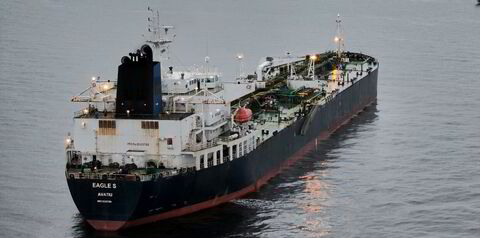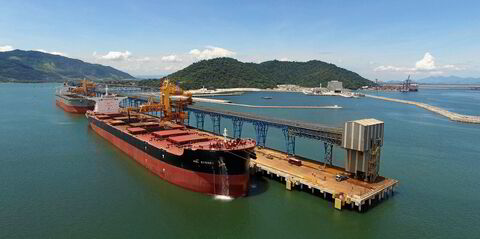Mitsui OSK Lines’ venture capital arm has made a “strategic investment” in a US company developing wing-in-ground (WiG) craft.
The unspecified investment by MOL Switch was made in Regent Craft, which said the funds would support it in bringing its “seaglider” technology to Japan.
“This strategic partnership marks a significant step forward for seaglider market adoption in Japan,” said Regent chief executive Billy Thalheimer.
Tomoaki Ichida, chief executive of MOL Switch, said: “Regent’s pioneering technology and commitment to sustainability align with MOL’s core mission to apply innovative technology and services to advance environmental conservation.”
MOL’s investment is part of growing interest in WiG technology in Japan and comes hot on the heels of investments in Regent by Japan Airlines Innovation Fund and Yamato Holdings, the country’s largest parcel delivery & logistics company.
“About 80% of Japan’s population lives on or near coastal areas, and the maritime industry is critical to the country’s economy,” said Thalheimer.
“Seagliders provide affordable, convenient and sustainable options to transport people and goods in the country, augmenting existing transportation options and supporting lives and livelihoods.”
Regent said its first 12-passenger seaglider, Viceroy, can travel at 180 miles per hour (290 km/hour) to service routes up to 180 miles on a single charge.
The company claims to have received more than 600 seaglider orders worth more than $9bn from leading airline and ferry operators.
Vessel operating customers are said to include France’s Brittany Ferries, Germany’s FRS and Italy’s Alilauro.
In May, the Rhode Island-based company said the first human test flight of the Viceroy is planned by the end of 2024, with production of the first commercial version of the all-electric vessel targeted for mid-decade.
Regent is also planning a 100-passenger Monarch, which Thalheimer expects to be on the water by the end of the decade.
US-based MOL Switch invests in start-ups that develop decarbonising technologies and business models in the energy sector.
It has a three-year budget of $100m to invest in climate tech companies and venture capital funds.





